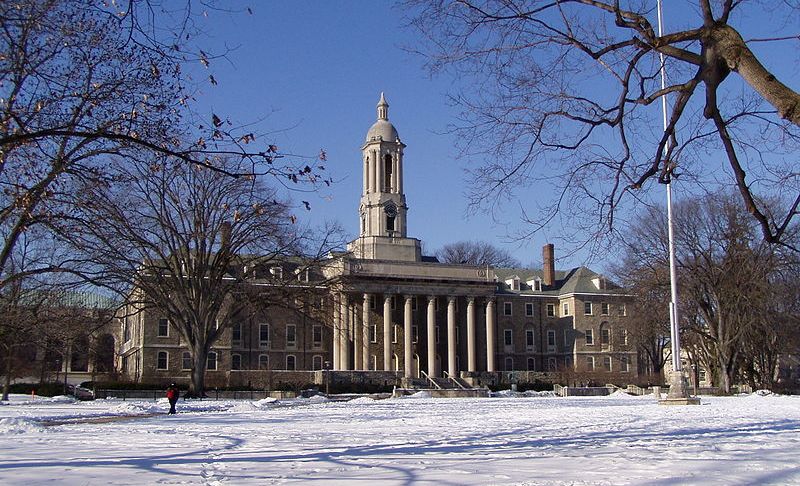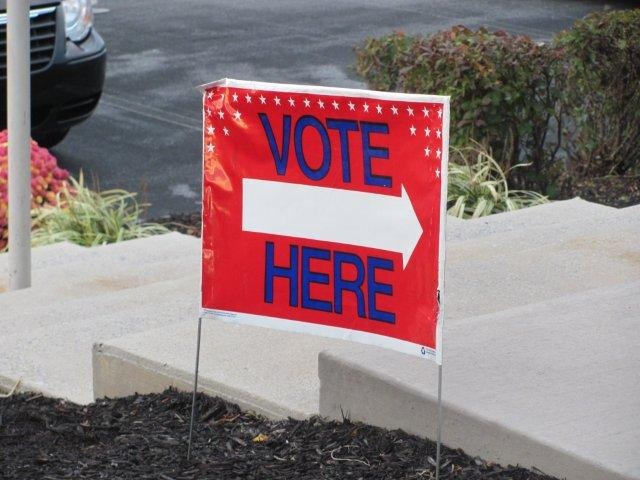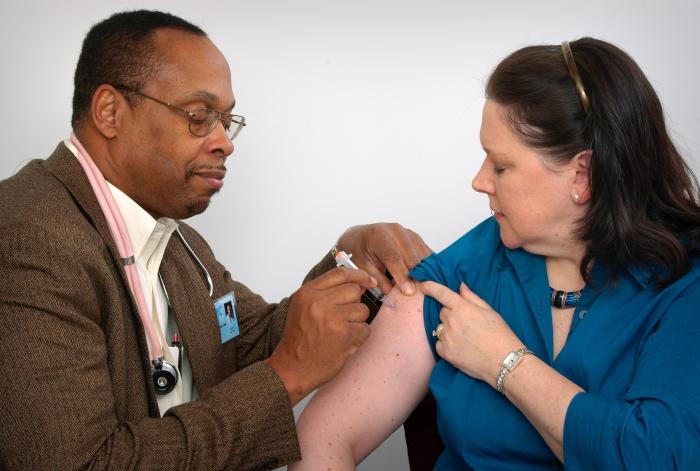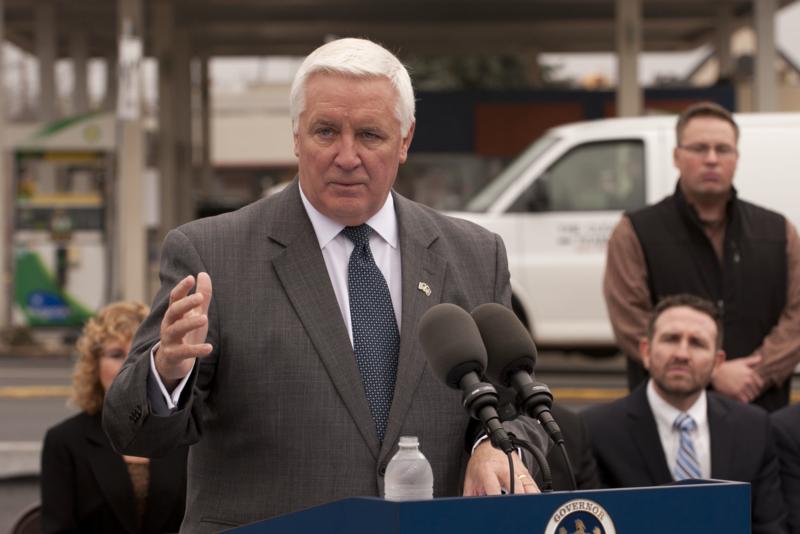PSU President Gets Pay Raise
After one year on the job, Penn State President Rodney Erickson is getting a 16% pay increase, which brings his annual salary to $600,000 dollars. The pay raise is performance-based, and outgoing Trustees chair Karen Peetz says he’s done a tremendous job leading Penn State through a difficult year.
“It is imperative that we have a strong, effective leader to ensure our future excellence,” Peetz said in a written statement. “Rod Erickson is that leader. His salary is in line with competitors and we are pleased to support his presidency.”
Erickson plans to retire in June 2014, and a nationwide search for his replacement is about to get underway. Peetz will be stepping down from her leadership post, to focus on her new position, but will remain a member of the board.
Even with Erickson’s raise, he’s earning far less than his predecessor, and he will not be receiving any of the deferred compensation.











